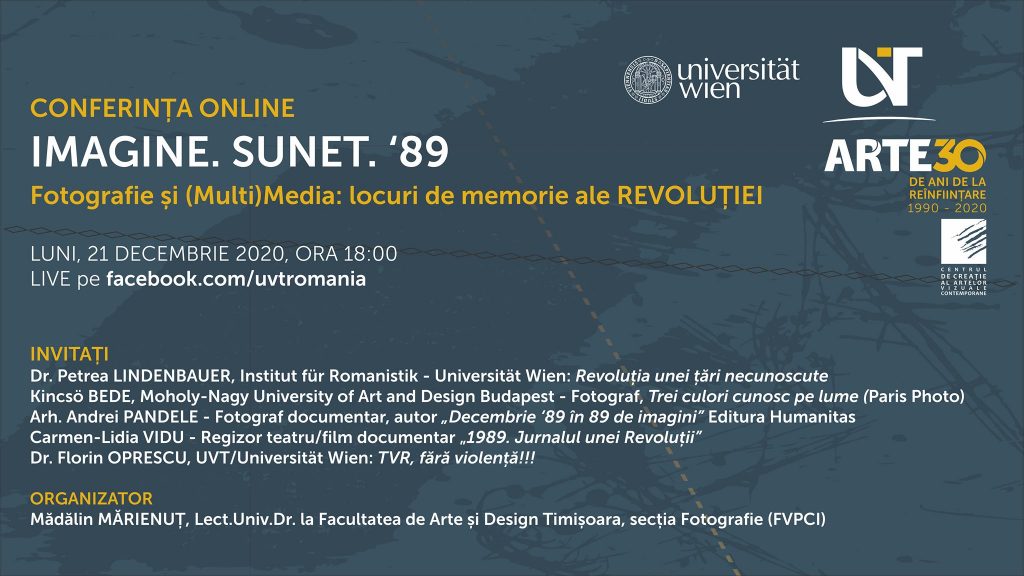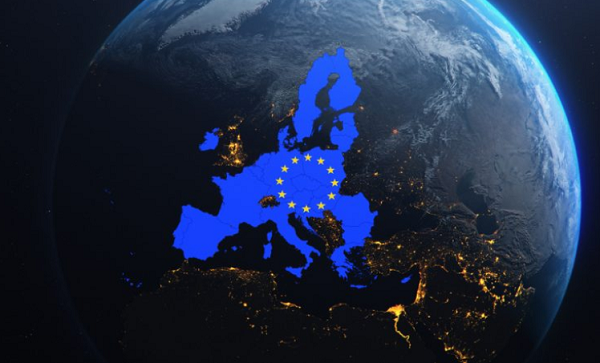Regulation of the European digital market is a constant concern of the European Commission. Whether they are for the purpose of increasing consumer welfare, as the European Commission states, or for the purpose of blocking the tech giants in their plan to dominate the European digital space, these are the most important European regulations that will shape the European digital space in 2021.
Audiovisual services – keeping pace with new video content distribution models
Audiovisual Services Directive[1] of 2018 is already in force and brings significant changes for linear broadcasters and providers services on request, providing minimum harmonization standards. One of the most notable changes is the introduction of rules on video sharing platforms, which will be subject to stricter obligations to protect the public, especially minors, from harmful online content and will have to take appropriate measures to protect the public from incitement to violence or hatred and from content that constitutes crime (essentially, public incitement to commit crimes of terrorism, child pornography and racism/xenophobia).
Although the implementation deadline of September 19, 2020 has passed, Romania has not yet released a draft implementation law for public consultation.
European Code of Electronic Communications – consolidation and reform
In December 2018, the first European Electronic Communications Code ("CECE") was adopted[2], which represents an extensive reform of the European framework in the field of electronic communications. A very important aspect of CECE is that the notion of an electronic communications service has been expanded to incorporate the evolving changes in the sector, which has led to an increase in the number of providers of services which are subject to CECE provisions (eg interpersonal communication services provided via the Internet, such as WhatsApp, are now included in electronic communications services).
The CECE must be transposed by member states by 21 December 2020. In Romania, the implementation project is currently under debate and, given the short time available and a Parliament in the making, it is unlikely that the implementing law to be adopted on time.
Extending Consumer Rights in the Digital Sphere
Digital Content Directive[3] of 2019 and the Sale of Goods Directive[4] from 2019 aims to reduce transaction costs for businesses by aligning EU law and increasing the level of protection and legal certainty for consumers when making purchases across the EU. These are in addition to the Regulation Platforms-to-Business[5] of 2019, dealing with the relationship between platforms and their business users, which entered into force in July 2020.
The most comprehensive review of copyright law in 20 years
Copyright Directive [6] of 2019 is the most extensive revision of European copyright law since 2001, designed to address the challenges of increased cross-border use of digital content. The new rules provide increased protection for authors and artists, while opening up new possibilities for accessing and sharing copyrighted content online across the European Union.
Bonus: Digital Services Act Package
The Digital Services Legislative Package is a legislative package announced by the EC even as we write this article, which aims to create a modern legal framework for digital services in Europe[7]. The package represents the biggest regulatory reform effort in the digital services sector since the E-Commerce Directive of 2000 and aims to strengthen the Digital Single Market and ensure that providers of services digital platforms in the European Union act responsibly to mitigate the risks faced by their users and protect their rights.









